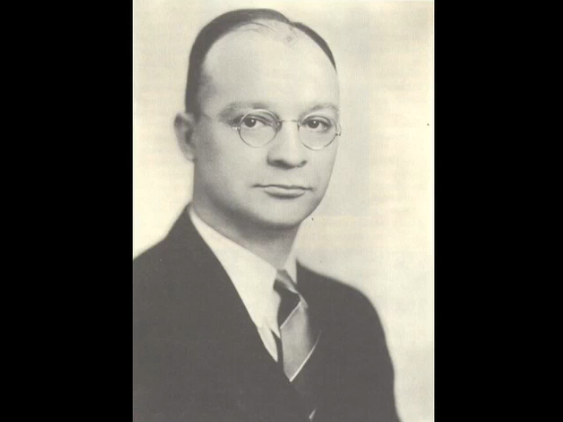W.J. CASH

Transcript
After graduating from Wake Forest College, Cash wrote articles, columns and editorials for several newspapers (The Chicago Post, Charlotte Observer and Charlotte Journal) and briefly was editor of the bi-weekly Cleveland Times in Shelby, NC. While writing his landmark book, Mind of the South, from 1929-37 he lived in Boiling Springs, N.C. and Shelby. Mind of the South, published in 1941, has never been out of print and enjoys a wide and diverse readership. It is considered required reading for students of Southern culture or history. Following the success of Mind of the South, Cash was awarded a Guggenheim Fellowship to travel in Mexico and write a novel. He was found hanging . The circumstances surrounding his death have been surroinded by controversy since his death in 1941. His ashes are burried in Sunset Cemetary in Shelby, NC.
Thomas Dixon
Thomas Dixon Jr. and W.J. Cash were born 17 miles apart and died within five years of each other. But their writing could not have been more different. Dixon represented the values and attitudes of the Old South. Cash embraced a more open and forward-looking vision of the New South. Author, lawyer, preacher and state legislator Thomas Dixon witnessed Reconstruction and absorbed the prevailing racial views of Southern whites at the time. While Dixon opposed slavery, he was a strong advocate for racial segregation. Two of his novels The Leopard's Spots (1902) and The Clansman (1905)—formed the basis for D.W. Griffith’s controversial 1915 film The Birth of a Nation. Dixon’s books are out of print, and he is seldom read today. But his success as a preacher on the national lecture circuit foreshadowed the television evangelist of the modern South.
Purchase
Profile
Date of Birth: 05/02/1900
Date of Death: 07/01/1941
Location: Gaffney, SC



